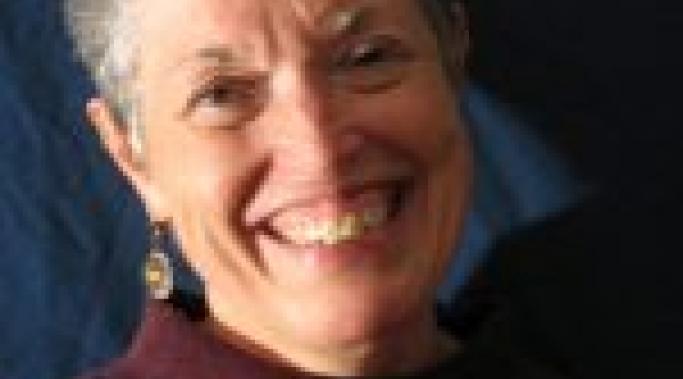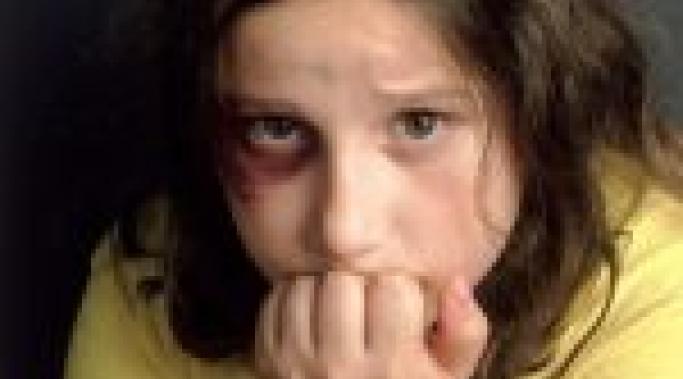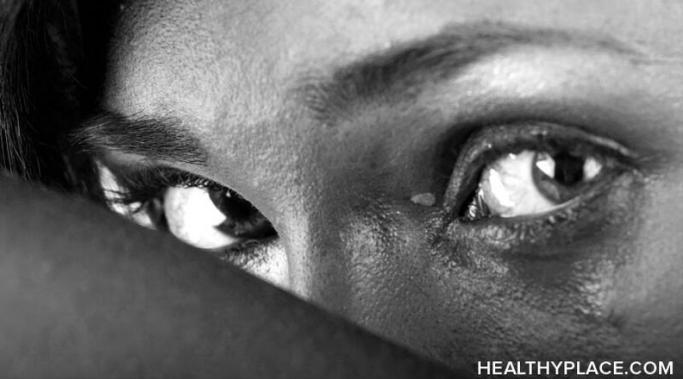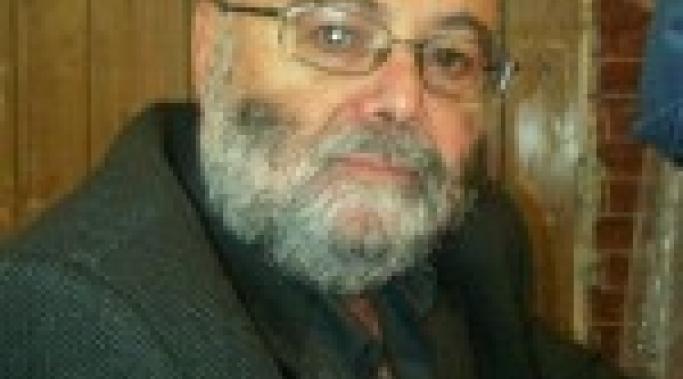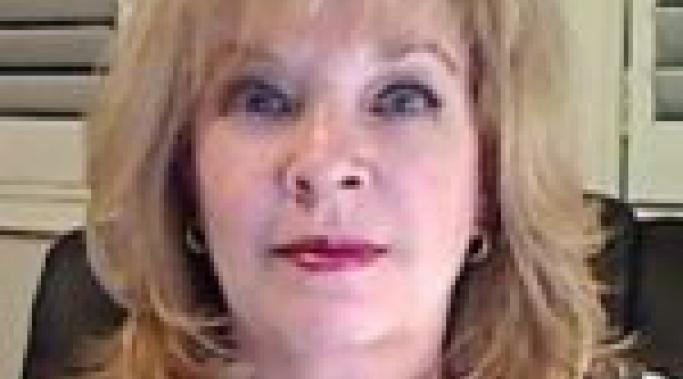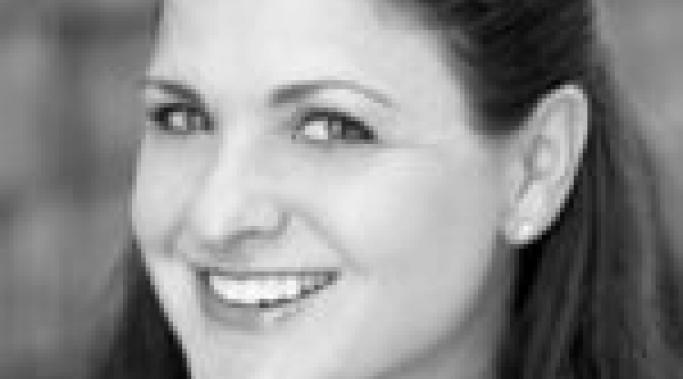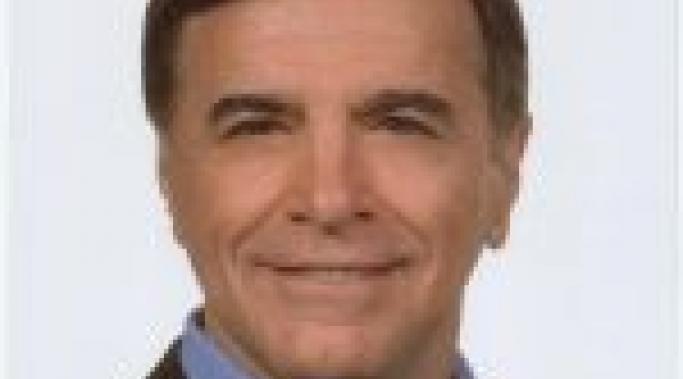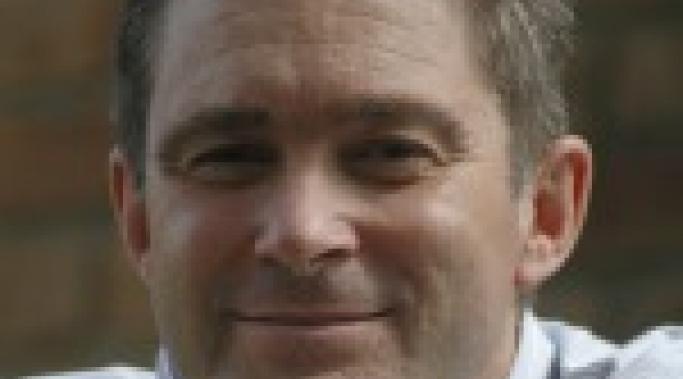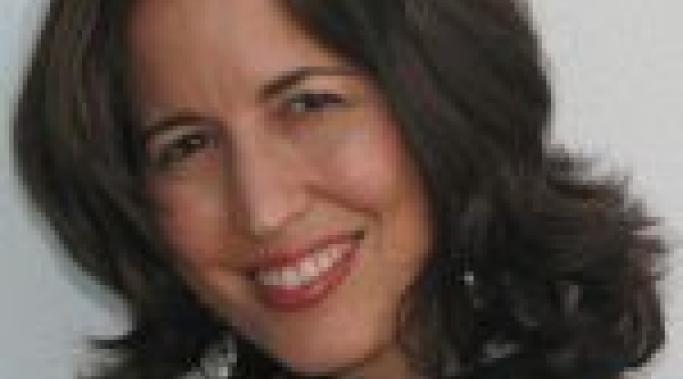After a hospital mistake left her totally disabled for six months, Dr. Carolyn Gabb struggled harder than ever to cope with bipolar symptoms. Though she’s since recovered enough to resume her work as an artist, living with bipolar disorder isn’t easy. “Art is a way of coping, and living an enriched life,” she says.
Radio Show Blog
"My life was quite unbearable ... I tried ending my life several times at 8 years old," says Paula of surviving child abuse at the hands of her mother, who had Dissociative Identity Disorder. Perplexed by her mother's erratic swings from extreme violence to utter confusion to gentle kindness, Paula didn't understand her mom until she saw the movie Sybil.
As we heard from our guest Kellie Holly last week, verbal and emotional abuse is insidious and destructive. Once you recognize you're in an abusive relationship, what do you do about it? Shelly and Dr. Michael Marshall say putting a stop to verbal and emotional abuse is up to you.
It took Kellie Holly almost fifteen years to realize she was in a verbally abusive marriage, and another three to get out of it. Living with verbal and emotional abuse conditioned her to doubt her instincts, and convinced her that she was the cause of her relationship problems.
When Marvin Ross' son was diagnosed with schizophrenia, it was a relief to finally know what was wrong. Still, Marvin says the stigma of schizophrenia prevented his son from being diagnosed earlier, delaying treatment.
On Christmas day ten years ago, Barb Hildebrand became a widow. Diagnosed with Bipolar Disorder just one month prior, her husband Rob committed suicide. "My entire world changed in ways I could never have imagined," she says of her life after suicide.
Widowed at 29, during her second pregnancy, Hyla Molander was overwhelmed by grief so profound her body threatened to cease functioning. Hyla survived her most challenging times, at least in part because of the support and love she received. But she also knew she wouldn't recover without finding hope, the most basic and essential of self-help strategies.
If you're like me, identifying all the ways your partner contributes to your relationship problems is easy to do. Pointing fingers isn't difficult when they're aimed at someone else. But Dr. Steven Stosny says mending a broken relationship requires compassion, not blame.
Depression and hope are natural enemies. When it comes to recovery from depression, sometimes others have to do the hoping for you. Graeme Cowan survived what his psychiatrist described as the worst depression he ever treated. Graeme says his parents, and the faith they had in him, helped him to eventually overcome the severe depression that nearly ended his life.
Many patients in eating disorder treatment describe their disorder almost like a friend, says Dr. Jennifer Nardozzi, National Training Manager of The Renfrew Center Foundation. As the eating disorder becomes their primary relationship, their connection to self and others diminishes, heightening a sense of spiritual emptiness.
